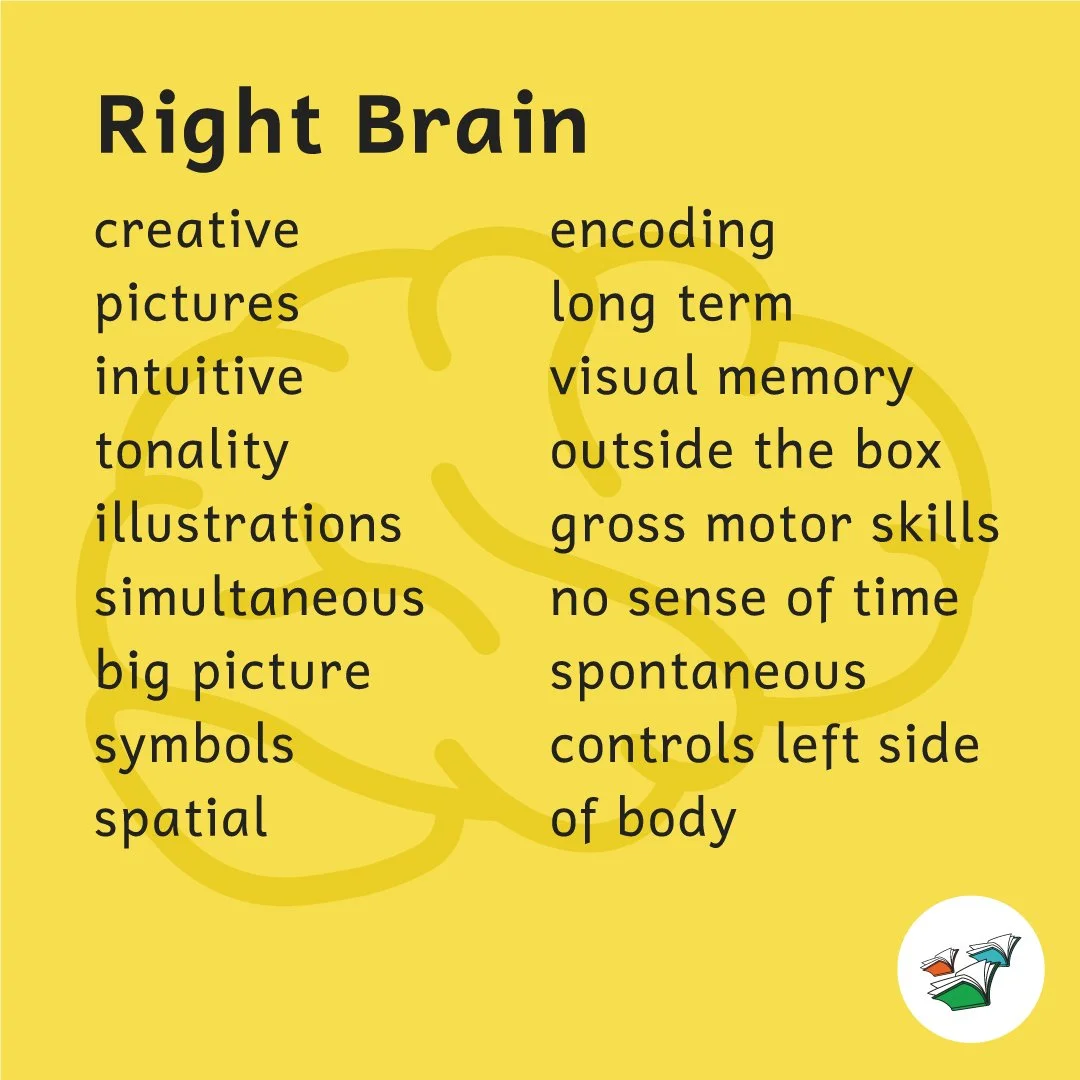Computer Proficiency and Dyslexia
Let’s be honest, it is frustrating when you are very successful in one area and are still struggling with reading or dyslexia. We know that struggling readers, including those with dyslexia, have exceptional right-brain skills. According to the British Computer Society, “...dyslexics are indeed over-represented, not only among software engineers, but also among other kinds of practical engineers, artists, architects, entrepreneurs and scientists.”
These right-brain thinkers tend to be creative, out of the box thinkers, good problem solvers, intuitive and exceptionally athletic. They struggle with reading because they attempt to read with the right side of the brain instead of the left side. Fortunately, they can be taught to read!
So why might a struggling reader be a computer whiz?
They find it interesting and using the necessary right-brain skills is natural and easy. Even children who struggle with reading will be more successful when reading something that’s interesting to them.
The coping strategies that they have learned to use for reading along with the unique way their brains are wired during development can actually be a benefit in many areas including technology.
The language of computers is very predictable. There are no new words jumping out of nowhere for them to decipher.
Revel in your strengths.
Allow them to shine.
You have a learning difference and that’s ok.
You have amazing strengths. Should you just give up on reading? Absolutely not! Reading is essential in our society and it does not need to be a struggle.
Science has shown us why some people struggle with reading and how to become a successful reader. Online Reading Tutor has successfully helped struggling readers throughout the U.S.A, Canada and 25 other countries. Let us help your child as well.


